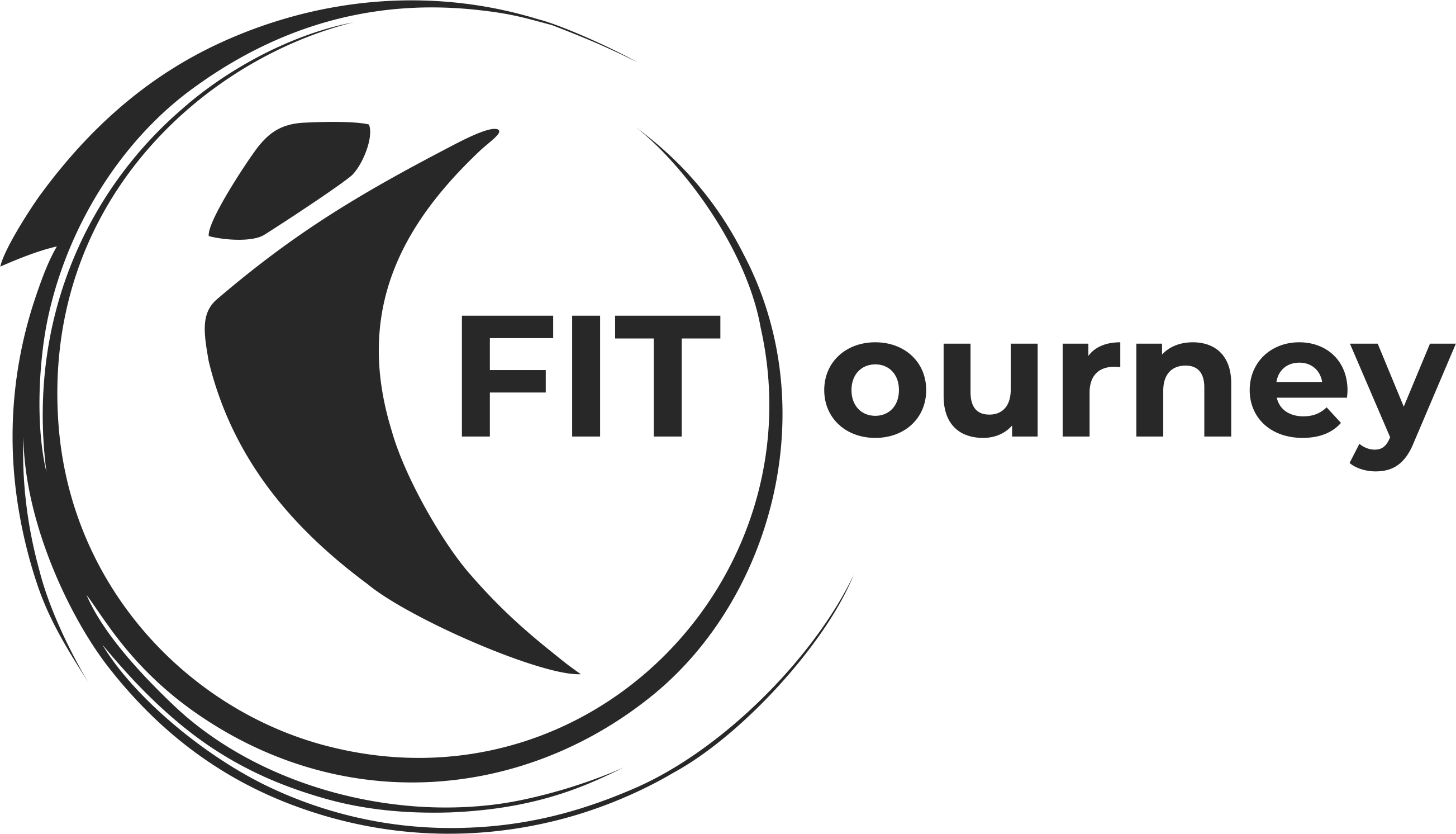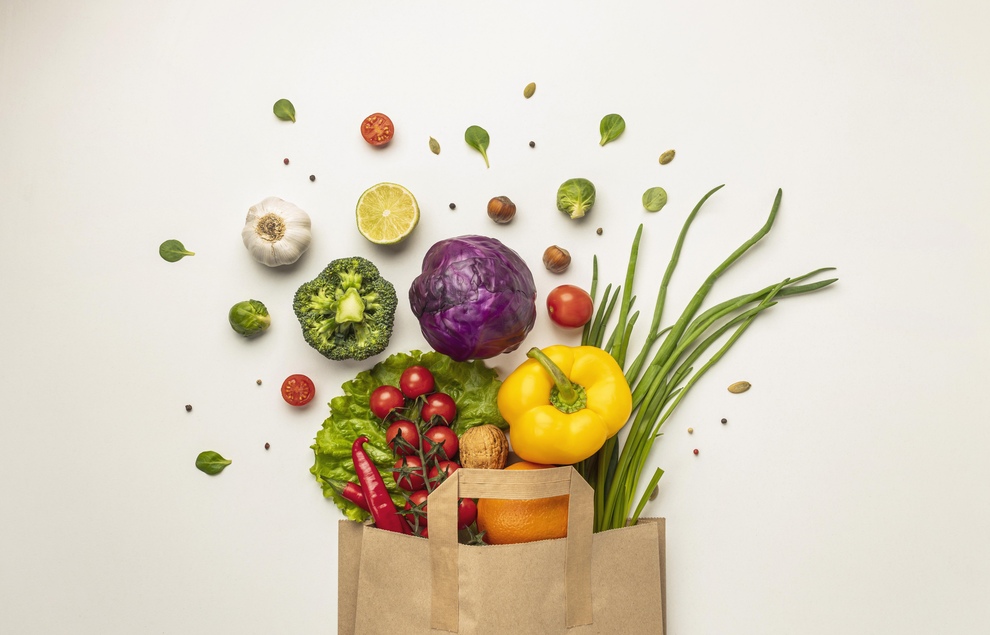Veganism seems to be sweeping the globe. With many athletes and celebrities adopting a vegan lifestyle, many wonder about the advantages and disadvantages of such a diet.
Being a vegan means you have to give up foods that cause animal cruelty. It is great for the planet and animal welfare. But it may cause nutrient deficiencies. Additionally, it will also increase the demand for some crops, affect their supply and raise their prices.
What is vegan?
Veganism goes beyond simply avoiding meat. Unlike diets such as pescatarian, eggetarian, or vegetarian, vegans abstain from all animal products – this includes meat, fish, poultry, eggs, and dairy. Veganism is often chosen for health and spiritual reasons, but for others, it is primarily a response to animal cruelty and environmental concerns.
What are the benefits of being a vegan?
Animal welfare: At its core, veganism stands against animal cruelty. By forgoing all animal-derived foods, vegans directly reduce the demand, potentially preventing the slaughter and mistreatment of countless animals.
Encourages mindful eating: Mindful eating means paying more attention to our food and increasing awareness and experience of a meal. The practice of mindful eating has been shown to lead to a healthier relationship with food and has been used in some weight loss protocols. A vegan chooses to eliminate certain categories of food from their diet, they need to be more selective and conscious about their food choices.
Weight management: Vegan is also associated with weight loss. A vegan diet is a high-fibre diet that makes you feel full for a long time and curb hunger pangs. Additionally, it reduces the consumption of unhealthy fat, which causes your BMI to rise.
Reduced health risk: Rich in whole grains, legumes, fruits, and vegetables that many diets lack, veganism has been associated with decreased risks of obesity, hypertension, type-2 diabetes, and cardiovascular diseases.
What are the disadvantages of being a vegan?
Possible nutrient deficiency: A vegan diet is healthy but it also lacks some nutrients that need to be addressed. A vegan diet mostly lacking in calcium, which is crucial for bone formation. Vitamin B12 is another nutrient that a vegan diet lacks because it is mainly found in animal products. Protein can be another issue, but it's one that is easily solved. People with a vegan diet need to add dietary supplements to meet nutritional requirements for a healthier life.
Difficulty dining out: A vegan person shall mostly read the ingredient labels while shopping for groceries. But if you eat at someone's home or in a restaurant, you don't have access to an ingredient list. For this reason, dining out can be a challenge for those who choose a vegan diet.
Limited food options: The vegan diet is the most restrictive version of a plant-based diet. If you are adopting a vegan diet from your general diet, you can expect to eliminate most foods from your typical weekly menu. For some people, that level of restriction is too severe.
Digestive problems: When you choose to become a vegan, you may face some digestive problems in the initial stage. A vegan diet is fully plant-based and it is difficult for the body to process all the fibres you consume.
Conclusion
A vegan diet can be an excellent choice for those passionate about animal rights and environmental sustainability. Beyond its ethical implications, it offers notable health benefits. However, it's essential to be aware of potential drawbacks, such as nutrient deficiencies. With careful planning, the challenges of veganism can be overcome, allowing individuals to embrace and thrive on this plant-based lifestyle.

